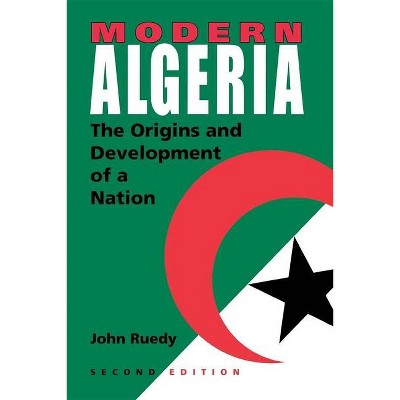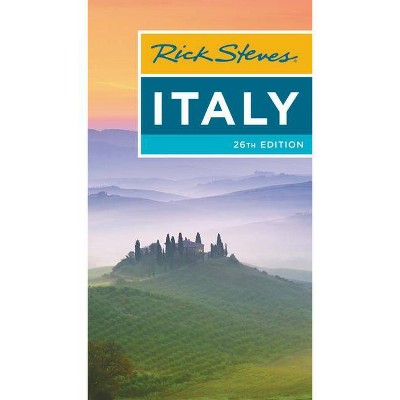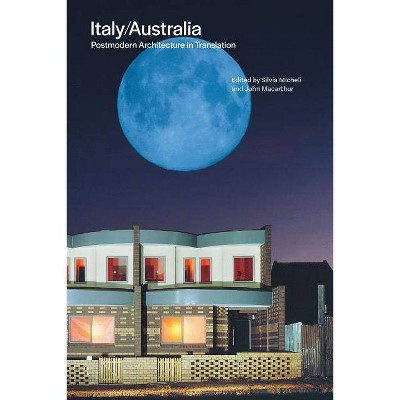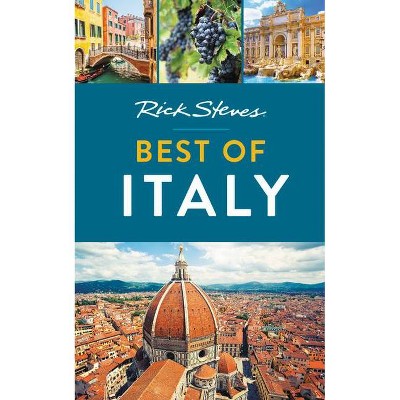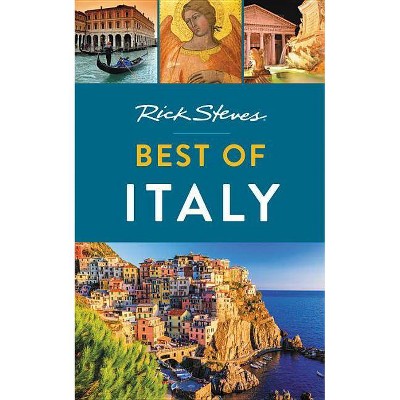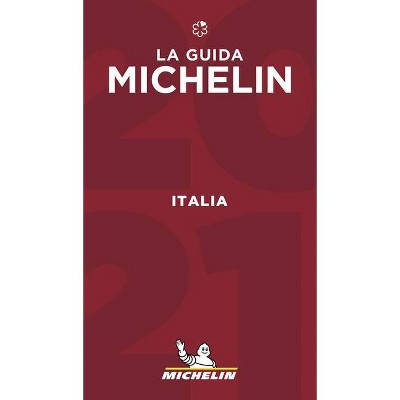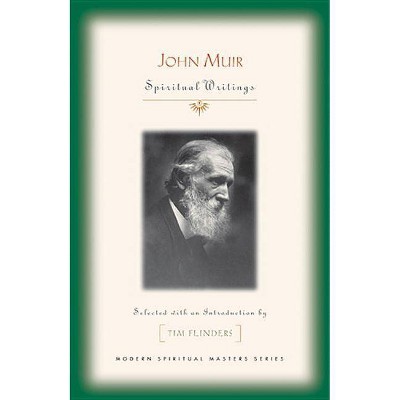Modern Italy - 2nd Edition by John Foot (Paperback)
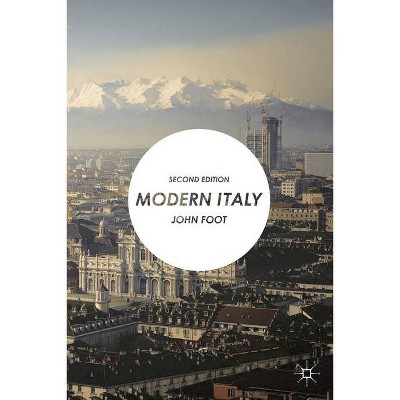
Similar Products
Products of same category from the store
AllProduct info
<p/><br></br><p><b> Book Synopsis </b></p></br></br><p>This innovative textbook places Italy at the heart of modern European history, tracing the often difficult relationship between Italians, the State and the Nation. A breeding-ground for radical political and social organisations, Italy saw the emergence of the first Fascist movements seen on the world stage after the First World War. Later, the country produced an anti-fascist movement which helped to create the biggest Communist Party outside of the Eastern bloc. Across this whole period, the political system has been marked by deep legitimation crises, clientelism and corruption. Economically, Italy struggled to keep up with the major industrial powers, but later created a dynamic small business sector which is the envy of the world. <p/><i>Modern Italy: </i><br>- Uses source material, including contemporary documents and legislation, to explain Italian history, inspire interest and stimulate further discussion<br>- Is organised around broad thematic chapters (The Nation, The State, Economy and Society, Politics) which introduce students to the main areas of debate<br>- Includes maps, tables, and boxed material to assist teaching and learning<br>- Adopts a multi-disciplinary approach making it ideal for teachers and students of European Politics, European Studies, and Italian Studies, as well as for those studying modern Italian history <p/>Clear, concise and well-organised, this essential book introduces readers to the key historical debates, events, and controversies. It helps students to understand the complex nature of Italian history over the last 140 years, without laying out a single and linear version of that history.</p><p/><br></br><p><b> From the Back Cover </b></p></br></br>This innovative textbook places Italy at the heart of modern European history, tracing the often difficult relationship between Italians, the State and the Nation. A breeding-ground for radical political and social organisations, Italy saw the emergence of the first Fascist movements seen on the world stage after the First World War. Later, the country produced an anti-fascist movement which helped to create the biggest Communist Party outside of the Eastern bloc. Across this whole period, the political system has been marked by deep legitimation crises, clientelism and corruption. Economically, Italy struggled to keep up with the major industrial powers, but later created a dynamic small business sector which is the envy of the world. <p/><em>Modern Italy</em><br>- uses source material, including contemporary documents and legislation, to explain Italian history, inspire interest and stimulate further discussion<br>- is organised around broad thematic chapters (The Nation, The State, Economy and Society, Politics) which introduce students to the main areas of debate<br>- includes maps, tables, and boxed material to assist teaching and learning<br>- adopts a multi-disciplinary approach making it ideal for teachers and students of European Politics, European Studies, and Italian Studies, as well as for those studying modern Italian history <p/>Clear, concise and well-organised, this essential book introduces readers to the key historical debates, events, and controversies. It helps students to understand the complex nature of Italian history over the last 140 years, without laying out a single and linear version of that history.<p/><br></br><p><b> Review Quotes </b></p></br></br><br>'This original and engaging text provides students with both stimulating ideas and original sources. It also covers an impressive number of critical works in Italian that would otherwise remain unknown to English-speaking readers. The new edition includes essential updates and puts the Berlusconi era in its full historical context.' - Claudia Baldoli, Newcastle University, UK </p>'The new edition of Modern Italy remains an excellent survey of key issues and the relevant literature.' - Geoff Haywood, Arcadia University, USA</p> </p>PRAISE FOR THE FIRST EDITION: <br/> <br/>'The thematic, rather than chronological, approach, and the problematic, rather than narrative, approach are both brave and effective.' - Dr. Philip Morgan, University of Hull, UK<br/><br/>'This is an important contribution to the material available in English: beautifully written - accessible to the average student.' - Dr Mary Maidoff, SACI, Florence, Italy<br/><br/>'Foot's analysis is an extremely valuable contribution to our understanding of modern Italy. It is fully up-to-date with the latest research findings and interpretive approaches, foregrounding the key historiographical debates and, more generally, the study of history itself as debate and argument.' - Geoff Haywood, Modern Italy<br/><br/>'The best short introduction to Italian politics and society is John Foot's Modern Italy.' - Geoff Andrews, Not a Normal Country: Italy After Berlusconi (Pluto, 2005)<br/><br/>'John Foot has written a very useful new book about Italy.' - Richard Bosworth, European History Quarterly</p><br><p/><br></br><p><b> About the Author </b></p></br></br><p>JOHN FOOT is Chair of Italian in the Department of Italian at the University of Bristol, UK.<br>JOHN FOOT is Chair of Italian in the Department of Italian at the University of Bristol, UK.</p>
Price History
Price Archive shows prices from various stores, lets you see history and find the cheapest. There is no actual sale on the website. For all support, inquiry and suggestion messagescommunication@pricearchive.us
